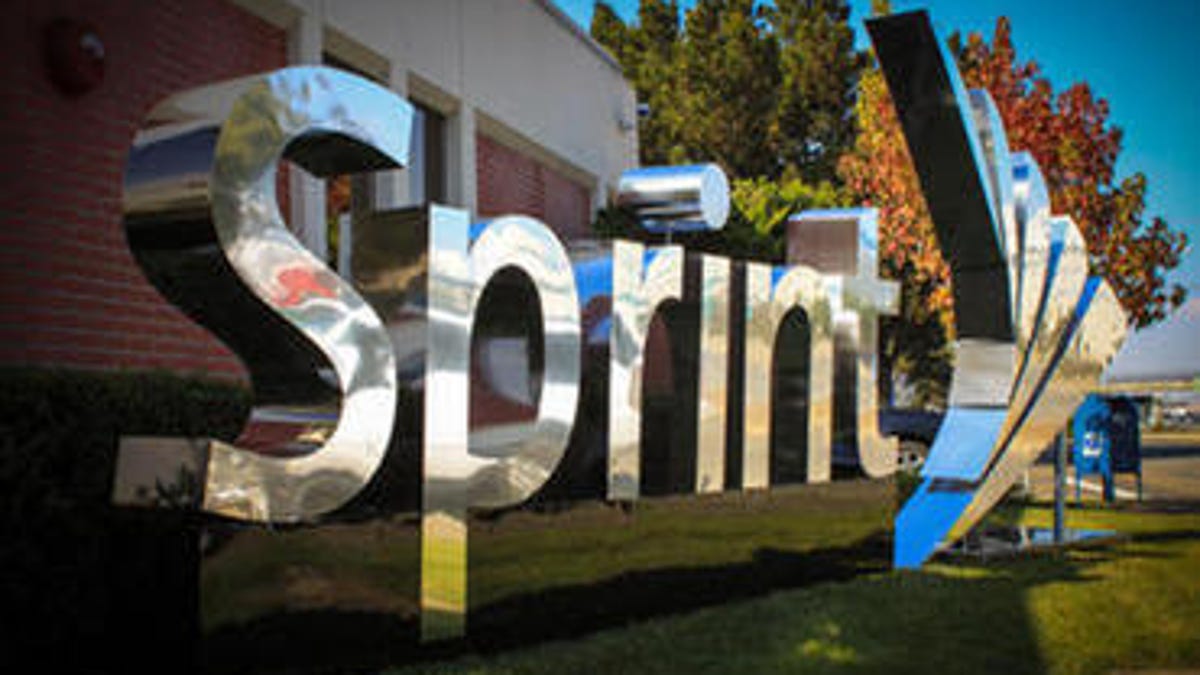Watchdog group says Sprint's revised 50% off ads are still shady
The ad industry's self-regulator is still not satisfied with Sprint's efforts to make its 50% off promotions more clear to consumers, and it's asking the FCC to step in.

The Federal Communications Commission is being asked to look into Sprint's "Save 50%" advertising claims.
The National Advertising Division, a self-regulating body within the advertising industry, said Friday that it wants the FCC to review Sprint's ads, after the wireless company failed to revise its claims that customers could slash their phone bills by 50 percent.
NAD investigated Sprint's advertising claims earlier this year following complaints from T-Mobile, which accused Sprint of misleading customers by not clearly showing its rate comparisons only applied to specific T-Mobile plans. T-Mobile also took issue with Sprint's $36 activation fee, which wasn't described in advertised comparisons. Sprint offered fine print in its ads explaining the details of its plans, but NAD sided with T-Mobile and said that was not enough.
In June, the group issued a report, which determined that the primary message in Sprint's TV commercials that consumers could get the same rate plan for half the cost simply by switching to Sprint, wasn't accurate. It offered several suggestions to Sprint to revise its advertising.
Sprint agreed to some, but not all of the suggestions. Upon review of the new advertising, NAD said Sprint still didn't make clear its claims to consumers. Specifically, it said that TV and radio ads that offered rate plan comparisons were simply too detailed to fully explain in a 15 or 30 second radio or TV spot.
Sprint said in a statement to CNET that it is continuing to work with NAD, but it still has reservations about all of NAD's suggestions.
"Based on its latest review, we have agreed to make additional changes to these ads to ensure they are even clearer for consumers," the company's emailed statement said. "However, we disagree with NAD's suggestion that our TV and radio spots should only mention one competitor."
Because of its failure to fully comply with its recommendations, NAD is asking the FCC to look into the matter. If the agency agrees with NAD, it could impose a fine against Sprint. In 2015, the agency fined AT&T $100 million for misleading customers about its unlimited mobile data plans.
The FCC didn't respond for comment.

